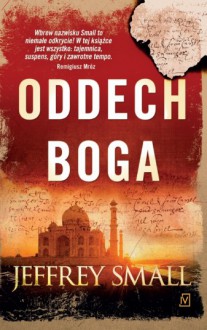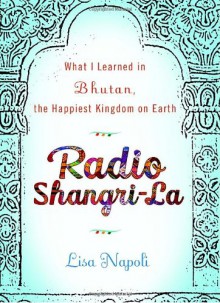
This is a surprisingly good collection of short stories about the lives of women in contemporary, mostly rural Bhutan, by a Bhutanese author, whose own life I wanted to read more about after the all-too-brief introduction detailing her own culture shock as a young girl in an Indian boarding school and her observations of the way women’s lives have changed in Bhutan, often becoming less independent under the influence of foreign culture.
The quality of the book was unexpected to me because, first, I bounced off the author’s novel awhile back (I may now give it another chance), and second, the publishers really let the author down here. The punctuation is bad and there are some grammatical mistakes. It’s unfortunate, though understandable, that this lack of professional copyediting has led some to conclude that the author lacks literary talent, when other indications are to the contrary. The thirteen stories are well-structured and engaging, getting the reader quickly invested in the characters’ lives.
As a cultural document this is fascinating, illuminating various aspects of ordinary life in Bhutan. The stories range from optimistic (a young woman who alternates between visiting her brother in the city, where she adopts the life of an urban sophisticate, and returning to the country to muck out sheds for her mother) to tragic (a dwarf who is shunned by most of her family and community until her death). There’s a strong sense of community life: in one story no one will turn in the village thief because everyone is interdependent, while another, about a single mother whose hard work gets her son through school and allows him to achieve a comfortable life for them both, feels not quite triumphant because it’s framed by the villagers left behind, who experience their success only by viewing photographs.
But the stories are still focused on individual choices and lives; many of the protagonists are poor single mothers, either giving birth outside of marriage, or providing for their families after leaving or being left by their husbands. It is certainly a more dynamic view of individual and family life than Western stereotypes about Asian farmers would lead you to expect. It’s mostly a realistic collection, but there is room for fancy too, as in one story about a misunderstanding between a woman and a mouse.
I finished through this collection quickly, was engaged by the stories, found the characters believable and sympathetic, and enjoyed the strong sense of place and learning about Bhutan. It’s a shame the publishers didn’t do their part; with a bit of polish and a strong publishing house behind it, this could be a real literary success.

 Log in with Facebook
Log in with Facebook 









